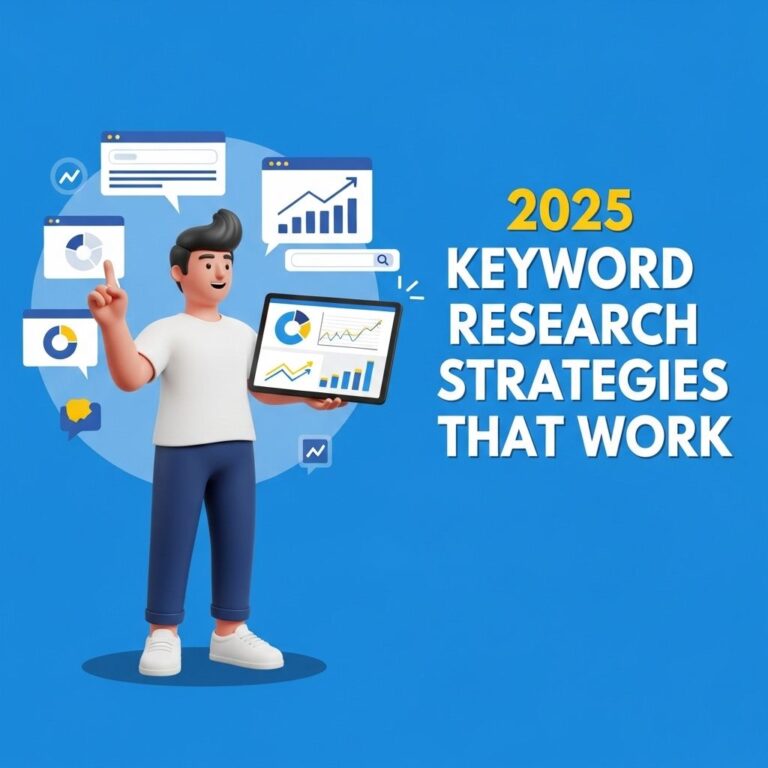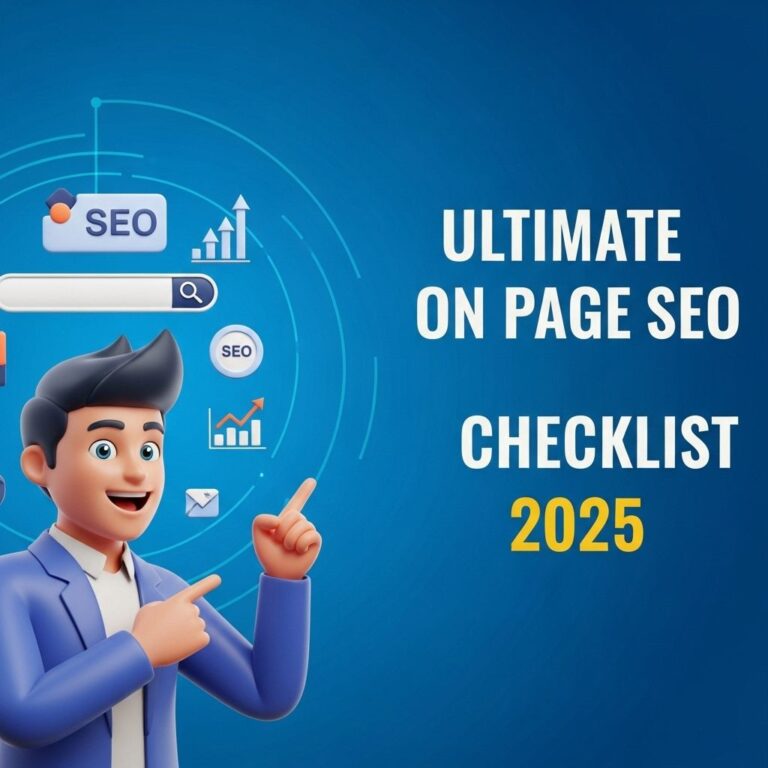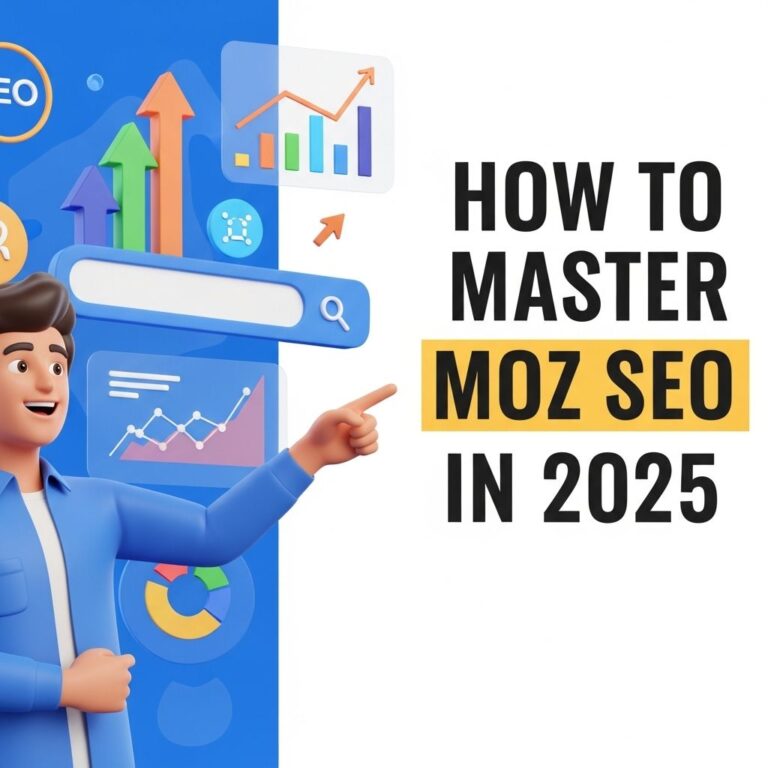In the ever-evolving digital landscape, mastering search engine optimization (SEO) is crucial for any website aiming to increase visibility and drive traffic. As algorithms change and user behavior shifts, staying ahead of the curve with effective SEO strategies is more important than ever. This article will delve into best practices and actionable tips that can help elevate your SEO efforts and ensure your content ranks well on search engines.
Table of Contents
Understanding SEO Fundamentals
Before diving into advanced techniques, it’s essential to grasp the fundamental concepts of SEO. At its core, SEO is about optimizing your online content to make it more appealing to search engines. This involves both on-page and off-page strategies as well as technical SEO adjustments.
Key Components of SEO
- Keyword Research: Identifying the right keywords your audience is searching for is the first step in SEO.
- On-Page SEO: This includes optimizing title tags, meta descriptions, headers, and content.
- Off-Page SEO: Involves building backlinks and improving your site’s authority.
- Technical SEO: Enhancing the technical aspects of your website to improve its crawling and indexing.
Keyword Research: The Foundation of SEO
Keyword research is the bedrock of an effective SEO strategy. Without the right keywords, your content may not be seen by your target audience. Here’s how to conduct thorough keyword research:
Steps for Effective Keyword Research
- Brainstorm Topics: Think about the topics relevant to your audience.
- Use Keyword Tools: Utilize tools like Google Keyword Planner, SEMrush, or Ahrefs to find related keywords.
- Analyze Search Intent: Understand whether users are looking for information, services, or products.
- Evaluate Competition: Check how difficult it would be to rank for chosen keywords.
Long-Tail Keywords
In addition to primary keywords, incorporating long-tail keywords can boost your chances of ranking higher. Long-tail keywords are typically three or more words that are more specific and less competitive, making them easier to rank for.
On-Page SEO Techniques
On-page SEO refers to the practice of optimizing individual pages on your website to rank higher and earn more relevant traffic. Here are some key elements to consider:
Optimizing Title Tags and Meta Descriptions
Always include your primary keyword in the title tag and meta description, but keep it natural:
| Element | Best Practices |
|---|---|
| Title Tags | 60 characters max, include the main keyword, and ensure it’s compelling. |
| Meta Descriptions | 155-160 characters, contain a call-to-action, and relevant keywords. |
Content Quality and Structure
High-quality, well-structured content is paramount. Here are some pointers:
- Use headings and subheadings to break up content.
- Incorporate relevant keywords naturally throughout your text.
- Aim for clarity and conciseness to improve readability.
User Experience and SEO
User experience (UX) plays a significant role in SEO. A well-designed website encourages visitors to stay longer and engage with your content. Consider the following aspects:
Website Speed
Page loading speed is critical. Tools like Google PageSpeed Insights can help analyze and improve your website speed.
Mobile Optimization
With a growing number of users accessing sites via mobile devices, ensure your website is responsive and optimized for mobile.
Off-Page SEO Strategies
Off-page SEO refers to all the actions taken outside your website to impact your rankings. Building authority and credibility is essential. Here are some effective strategies:
Building Backlinks
Backlinks are links from other websites to yours and are a significant ranking factor. Here’s how to get them:
- Create Quality Content: Create shareable and valuable content that others will want to link to.
- Guest Blogging: Write articles for reputable sites in your niche to earn backlinks.
- Engagement on Social Media: Promote your content on social platforms to increase visibility and attract links.
Social Media Signals
While social media signals do not directly affect SEO rankings, social engagement can amplify your content’s reach and lead to more backlinks. Consider:
- Regularly sharing content.
- Engaging with your audience through comments and shares.
- Using relevant hashtags to increase visibility.
Technical SEO Best Practices
Technical SEO focuses on the non-content elements of your website. Implementing technical SEO best practices ensures that your website meets the technical requirements of search engines:
XML Sitemap
Creating an XML sitemap helps search engines better crawl your website and index your pages. Ensure it is submitted to Google Search Console.
Robots.txt File
This file tells search engines which pages to crawl and which to ignore. Make sure it is configured correctly to avoid blocking important content.
Monitoring and Analyzing Your SEO Performance
After implementing SEO strategies, it’s crucial to monitor and analyze your performance to ensure that your efforts are paying off. Here are some tools that can help:
- Google Analytics: Track website traffic and user behavior.
- Google Search Console: Monitor your site’s presence and performance in Google search results.
- SEMrush: Analyze your SEO performance and track keyword rankings.
Conclusion
Implementing effective SEO practices requires time, effort, and a commitment to staying updated with the latest trends and algorithm changes. By understanding the fundamentals of SEO, employing on-page and off-page techniques, and continuously monitoring your performance, you can significantly enhance your online visibility and drive targeted traffic to your website. Remember that SEO is not a one-time task; it’s an ongoing process that yields rewards over time.
FAQ
What are the best SEO tips for beginners?
Start with keyword research, optimize your website’s on-page elements, create high-quality content, and build backlinks to improve your site’s authority.
How can I improve my website’s ranking on Google?
Focus on optimizing your site for mobile devices, enhance page load speed, utilize local SEO strategies, and regularly update your content.
What is the importance of keyword research in SEO?
Keyword research helps you understand what your audience is searching for, allowing you to create relevant content that meets their needs and improves visibility.
How often should I update my website for SEO?
Regular updates are crucial; aim to refresh your content at least once a month to keep it relevant and engaging for users and search engines.
What role do backlinks play in SEO?
Backlinks are a major ranking factor; they signal to search engines that your content is credible and authoritative, helping to improve your site’s ranking.
How can social media impact my SEO efforts?
Social media can drive traffic to your website, increase brand visibility, and generate backlinks, all of which can positively affect your SEO performance.









